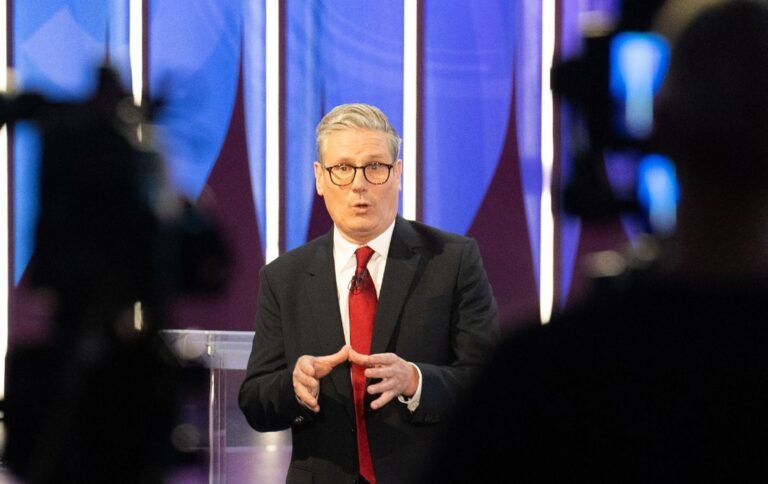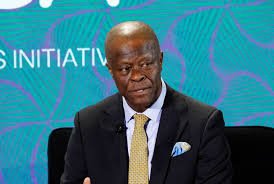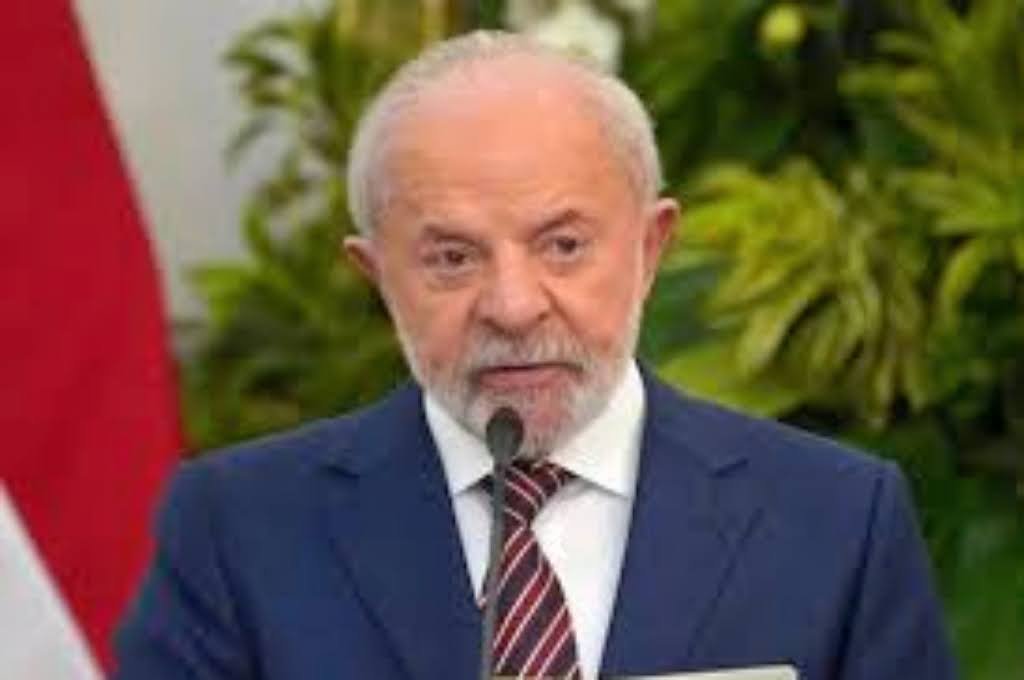Mali’s government has suspended all school and university classes across the country for two weeks starting Monday, citing an acute fuel shortage triggered by an al Qaeda-affiliated militant blockade, officials announced late Sunday.
The decision comes after Jama’at Nusrat al-Islam wal-Muslimin (JNIM) imposed a blockade on fuel imports in early September, targeting convoys bound for the landlocked nation and its capital. The group has carried out multiple attacks on fuel tankers, disrupting supply lines and crippling transportation.
“This measure is necessary to ensure the safety of students and staff while fuel distribution remains severely constrained,” the Ministry of Education said in a statement.
Also Read:
- Democracy returning? Mali junta lifts ban on political activities amid aviation fuel crisis
- IPMAN to Enforce 45,000-Litre Limit on Petrol Tankers from October 1 to Curb Road Disasters
- Nigeria’s Fuel Consumption Falls to 48.03m Litres Daily in June 2025 – NMDPRA
- NNPC increases fuel price in stations to N855 per litre
In Bamako, fuel stations have shuttered or imposed strict rationing. Residents have abandoned vehicles, turning to foot travel, motorcycle taxis, or staying indoors. Public transport has ground to a halt in many areas.
Analysts view the blockade as a strategic escalation by JNIM to choke Mali’s economy and pressure the military junta that seized power in 2021.
Russia Steps In with Fuel and Gold Refinery Plans
On Friday, Mali announced a deal with Russia to supply 160,000 to 200,000 metric tons of petroleum and agricultural products. The agreement follows a visit by a Russian delegation led by Alexey Keulika, who also confirmed a board meeting next month for a new Russian-backed gold refinery under construction.
No timeline or specifics on the petroleum products were provided.
Russia has expanded its influence in Mali since French forces withdrew in 2022, providing military support via the Wagner Group (now rebranded as Africa Corps) and investing in mining and energy.
This is not the first time Mali has delayed the academic year. In 2024, severe flooding forced a similar postponement.






















